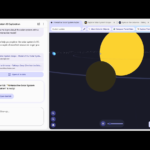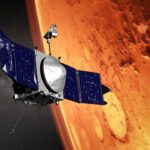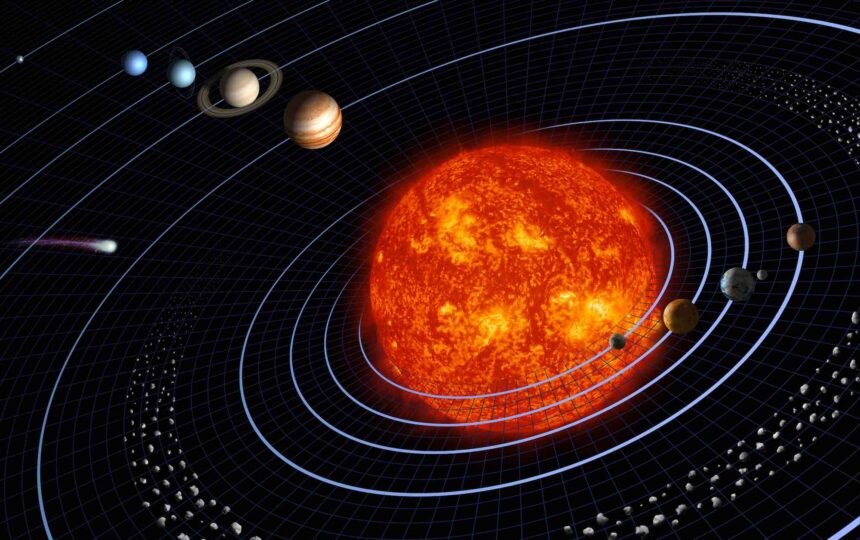Scientists at the International Astronomical Union’s Minor Planet Center have discovered a new celestial body beyond Neptune that challenges established astronomical models, as it takes around 25,000 years to complete an orbit.
The trans-Neptunian object was named 2017 OF201, and the most surprising thing is that it passes only 1% of its orbit close enough to be detected. This leads scientists to wonder if hundreds of similar objects still exist, which would change our current understanding of the solar system.
This dwarf planet is currently located at a distance of 90.5 astronomical units from Earth and orbits the Sun well beyond Neptune. According to calculations, it would take around 25,000 years to complete one orbit around the Sun.
“We estimate that it has a diameter of approximately 700 kilometers, making it the second-largest known object within this dynamic population of dwarf planets,”
explained researchers Sihao Cheng, Martin A., and Helen Chooljian.
Researchers said it was an unusual find. “The presence of this single object suggests that there could be thousands more similar in size and orbit; they are simply too far away to be detected for now,” Cheng said.
According to the researchers, the farthest point in its orbit is over 1,600 times farther from the Sun than Earth. In contrast, at its closest point, it is 44.5 times that distance—a value comparable to Pluto’s orbit.
Despite advances in telescope technology, which have made it possible to explore very distant regions of the universe, there is still much to discover within the solar system. “All the data we used to identify and characterise this object are archived and accessible to anyone, not just professional astronomers,” Li said.
In this way, the authors of the research asserted that groundbreaking discoveries are not restricted solely to those with access to the world’s largest telescopes.
“Any researcher, student, or even citizen scientist, with the right tools and knowledge, could have made this discovery. This highlights the importance of sharing scientific resources,” they added.
With a relatively small diameter compared to other celestial bodies, 2017 OF201 could be classified as a dwarf planet, although this is yet to be formally confirmed. It is one of the largest objects of its type, after Eris and Makemake.
To date, the International Astronomical Union (IAU) has only officially recognised five dwarf planets, so this could become the sixth.
Dwarf planets are celestial bodies that orbit the Sun and share several characteristics with planets, but they do not meet all the criteria established by the IAU to be considered “classical” planets. They orbit the Sun, have enough mass for gravity to mold them into a nearly spherical shape, and are not satellites of another planet.





